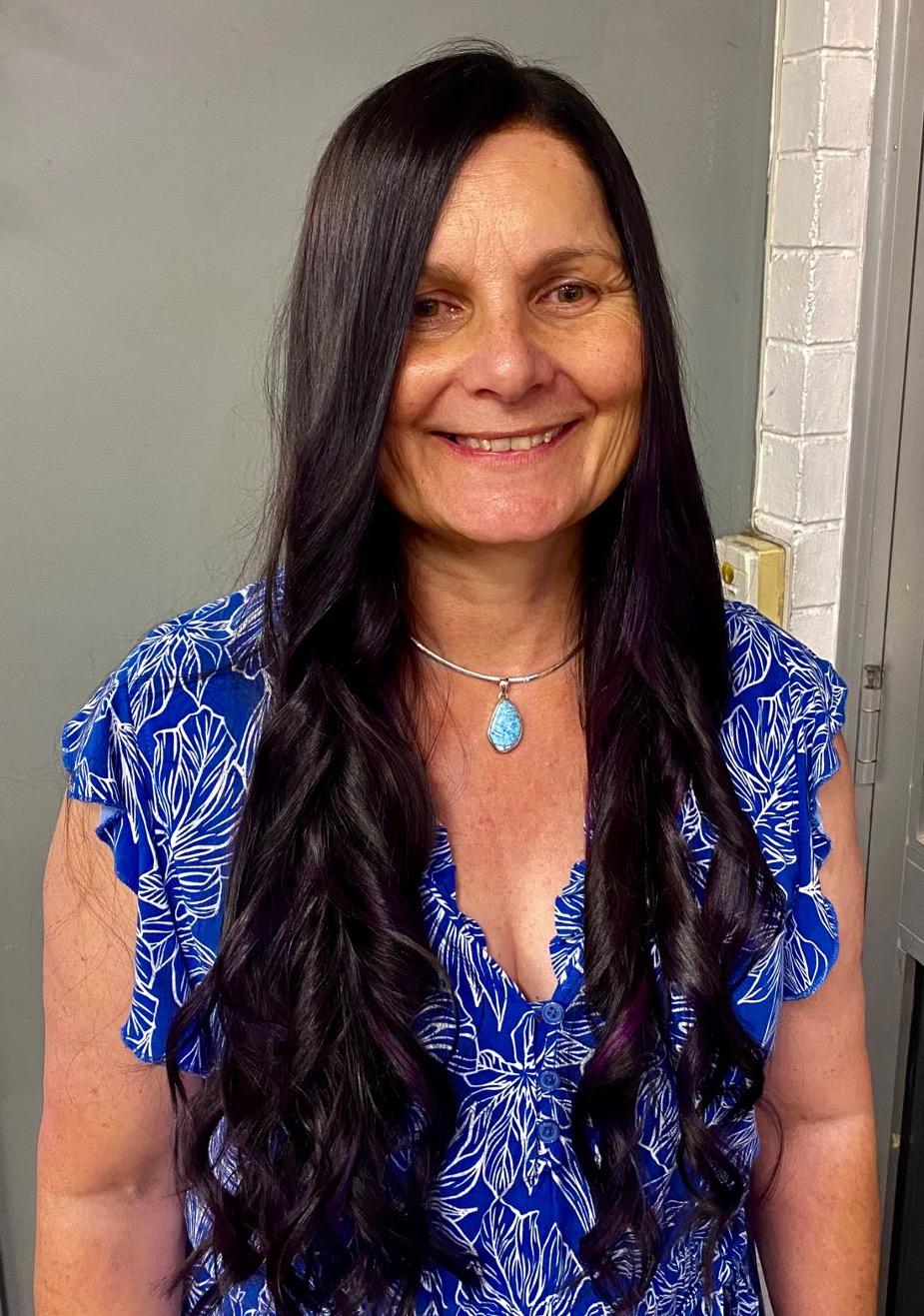Disability rights advocate, Jodie Hoger, has worked for TAFE NSW for 27 years and is an immensely proud blind woman. Jodie is a specialist in accessibility and an advanced tech user, but that does not mean she is immune to digital barriers.
Accessibility NSW recently sat down with Jodie to hear about the digital barriers she faces and how she overcomes them. She spoke of a recent 'mini meltdown' she had at work when she was trying to complete an internal process, but due to an accessibility issue, could not. 'I’m an advanced screen reader and I’m a whiz at technology but trying to do simple tasks is sometimes impossible and incredibly frustrating.' These types of barriers impact organisational culture and may result in workplaces losing the additional value that diversity brings.
So often, Jodie comes across tasks at her work that are not compatible with screen readers. 'I have found that as you climb the professional ladder, the systems are less accessible. That says a lot about the opportunities afforded to professionals living with a disability.'
Every day, Jodie admitted, she encounters problems accessing technology, whether at home or at work.
Addressing systemic challenges
Born with retinal dystrophy, Jodie was declared legally blind by the age of 15. By 30, she was totally blind. 'It was then when I embraced who I was, which was both liberating because I wasn’t trying to constantly fit in anymore, and terrifying because I had accepted, I was totally blind.'
A driven, determined, and inspiring leader, Jodie desires to do her job well, but over time, the barriers have weighed on her mental health. 'I have been in very dark places at the bottom of the pit, and I never want to be there again. So now I am noisy, and I use my voice and my position to prevent others from falling too.'
As a Manager for Disability and Access Services at TAFE NSW, Jodie leads a team of 13 staff who support learners with a disability to succeed in their chosen course. 'It is much more than that though. We are changing the world one person at a time,' Jodie confided. She and her team address barriers in tertiary education by developing adjustment plans, providing in-class teaching support and the necessary technology and systems to ensure each learner is fully included and has equal learning opportunities. She is also a Disability Council NSW committee member, Co-Chair of TAFE-Ability and was recently awarded the Regional Diversity and Inclusion Champion Award.
Inclusive design matters
'Technology, when it works, changes people’s lives. When it is not working, the barriers are thoughtless because accessibility has not been [considered],' Jodie said. Access for those living with a disability is often discussed during the implementation phase of a new product, which is far too late. Accessibility for everyone needs to be part of the initial concept design, including user-testing with real people living with disabilities to provide vital, candid feedback.

While safeguarding sensitive information ranks high on the priority lists of most organisations, Jodie pointed out that our actions aimed at enhancing data protection could also have negative effects on digital accessibility. 'It’s important to protect sensitive information, but not at the expense of accessibility. As a blind woman, technology has opened the world to me.'
'The same goes for artificial intelligence and virtual reality... Many pathways could be created if disability is part of the discussion, and not just an area for [later] improvement,' Jodie added.
Accessibility is a priority for the NSW Government, and we are making sure that we build, buy, and deliver services and products that everyone can use. For more information on ensuring your workplace is inclusive, check out the Accessibility and Inclusivity Toolkit. Within it, you can find the resources, tools, and training needed to help you meet accessibility guidelines and ensure that your products and services are accessible to everyone, regardless of abilities.